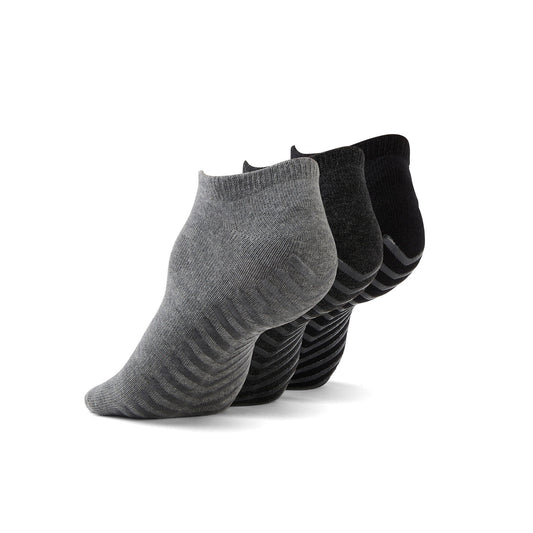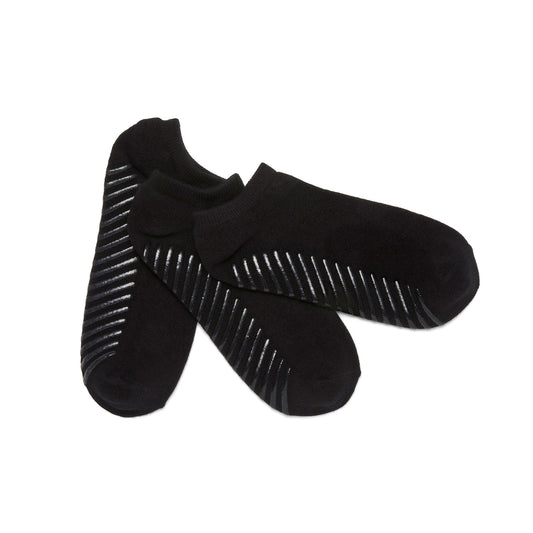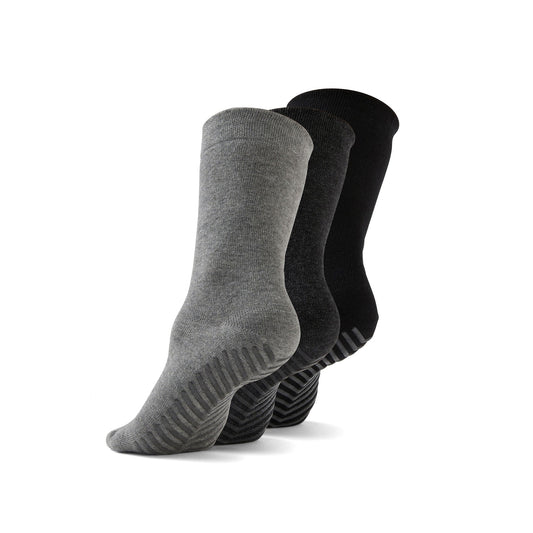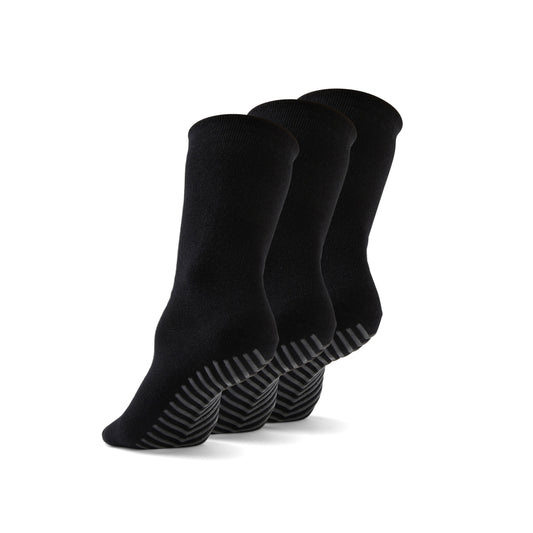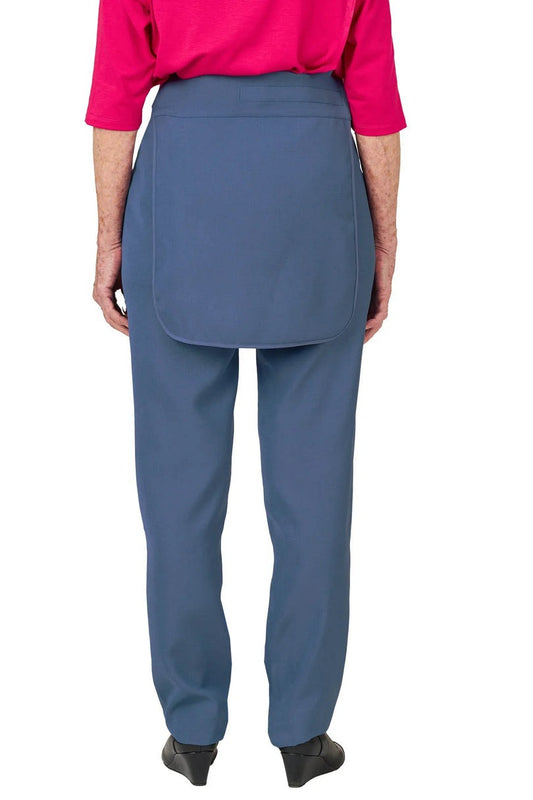Photo by Andrea Piacquadio on Pexels
Written by Ella Driebel in collaboration with Viterbo University
Have you ever heard the saying, "You are what you wear"? Well, there may be more truth to that than you think.
According to John Hopkins, about one in four adults suffer from a diagnosable mental health disorder in a given year. Mental health continues to be discussed worldwide, bringing new conversations addressing everyday struggles. While this conversation takes place, a new one highlighting the way fashion impacts our lives is occurring. Everyone consumes fashion, making it a universal topic and, believe it or not, an essential aspect of our mental health.
Naturally, fashion is an essential aspect of our lives; it connects individuals and communicates identities. The clothes people choose to wear can be a form of artistic expression, showing innovation and expanding design. Our fashion choices influence our tastes and culture, changing our behavior and social dynamics. It can bring together people from different geographical locations and act as a language when expressing the diversity of fashion. The versatility of fashion enables people to change their style based on situational and environmental factors, which reflects an individual's self.
Mental well-being is affected by the fashion industry as body positivity and diverse representation have the power to challenge stereotypes, promote acceptance, and shape perception. Businesses are increasing the representation and accessibility of clothing, understanding the importance of different bodies and experiences. Clothes can empower and enhance confidence and self-esteem. The people who feel comfortable and confident in their clothing choices will likely see the impact on their interactions and relationships. Fashion invites individuals to embrace their true selves, benefiting mental health.
What does psychology say about fashion?
Fashion psychology studies the relationship between fashion and human behavior, but it is much more than that. It looks beyond how clothing impacts an individual, considering self-identity and how it influences change in an industry. Fashion psychology demonstrates the connection between innovation and style, as people communicating our aspirations and preferences. Fashion can reflect changing values and growth, creating an ever-changing identity.
What you wear daily tells a story about who you are, and our choices can strongly impact our mood. The clothes you put on every day can become a catalyst for your emotions. If you wear something you don't feel comfortable or appropriate in, it can be easy to become stressed and self-conscious. Similarly, dressing in something you feel confident in can lead to a feeling of pride and happiness. Confidence can influence interpersonal relationships, communication, growth, and life satisfaction.
A 2012 study from Northwestern University, found that clothes have a symbolic meaning and can influence our cognitive abilities. This is called enclothed cognition, and this demonstrates that clothes affect your attention and how you feel about our ourselves. Our daily clothing choice can make us feel bad or good. Fashion can do more than express ourselves, it can also impact how you are treated by others, impacting our mental health. Clothing can signify how you want to be treated, just as it can give you a peace of mind when wearing something you are comfortable in.
Furthermore, while intended to connect audiences, social media can disconnect people as comparison can lead to an increase in feelings of depression, anxiety, and loneliness. It can be easy to compare ourselves in an age when technology surrounds us with consistently changing trends and other influences. Social media should be used to increase creativity and create a space for new conversations, not a means for comparison. It is essential to remember that our fashion choices are a part of our individuality and unique life experiences. As life changes, our bodies do as well. Finding clothing that accommodates different stages in life is important for an individual’s mental health.
The concept of adaptive clothing connects to fashion psychology regarding comfort and applicability. Adaptable clothing addresses psychical comfort and psychological well-being, accommodating the unique needs of individuals who live with disabilities. Finding clothing that offers comfort can relieve the stress that comes from wearing clothes that don’t align with someone’s preferences. Providing functional and stylish clothing options allows for expression and enables a sense of empowerment.
How does fashion affect your health?
There is no doubt fashion can be easily overlooked when it comes to improving mental health. It is more than just a symbol of status, but rather a vehicle for addressing sensitive and more profound issues like body positivity or disability awareness. Fashion can motivate and give us something to look forward to in our day. Having something to look forward to can be inspiring and energizing, making us more productive and feeling capable of dealing with challenges.
People should be allowed to dress the way they want because it is a part of who you are and how you identify. Expressing your authentic self and having the ability to choose are elements that have been proven to impact people's lives positively. National Institutes of Health (NIH) has linked autonomy to engagement and happiness, both foundational aspects of human well-being. Having ownership and control in your life can start simply from the clothing you choose to wear every day, providing enjoyment and satisfaction.
Therefore, fashion is all about experimenting with what works for you. This could include experimenting with colors or trying out different accessories. Curating outfits with these aspects can be therapeutic and promote positivity, and having options for these items should not be limited.
June Adaptive has made it their mission to provide different colors items to choose from and different accessories for all. This magnetic button Shacket comes in different patterns and colors, along with this magnetic bracelet that comes in different styles. These pieces are suitable for people who live with a disability making it easier to be confident and independent:
Women's Shacket with Magnetic Button Front

Athens Bracelet with Gold Magnetic Closure

Things that makeup fashion, like the colors, patterns, and cuts used, have been shown to improve our mood. Another area where fashion can impact health is dressing professionally, which has been proven to increase abstract thinking alongside specific colors and has been demonstrated to aid in mental health issues. An aspect that not many may be aware of is that studies have also indicated that having a routine dressing ritual can help remove thoughts of anxiety and depression. This can look different for people who live with a disability or those who are limited to sitting, who often use adaptive clothing to accommodate to their circumstances.
June Adaptive features solutions to this by providing items like comfortable leisure pants that unzip on the sides making this process quicker and easier to manage. These pants eliminate the need to fully undress, perfect for quick changes for all:
Unisex Recovery Pants with Side Zippers

A lack of choices can also make it hard for people to feel confident in their clothing. Ill-fitting or uncomfortable clothing can cause feelings of anxiety, and the materials used can also affect a person's mental health. Adaptable clothing is an area that can increase functionality while thinking about style and inclusivity. These pieces of clothing are beneficial in creating fashionable and practical clothing that can improve confidence.
Final Thoughts
From amplifying self-esteem to minimizing anxiety, fashion can change how you feel and impact our mental health. Clothing can start a conversation about mental health and break down negative stigmas surrounding the topic. The intersectionality of fashion and mental health emphasizes the significance of self-expression and creating a positive relationship with our bodies through clothing.
Accepting clothing as more than just covering our bodies, but also as a form of understanding, is necessary knowing the impact fashion has on mental health. If it is simply creating positivity and inclusivity, or if it is through adaptive clothing, any step towards creating mental health awareness through fashion is important. These actions can promote diversity and compassion for individual of all abilities. Fashion can continue to be a source of providing a source of joy for everyone, prioritizing individuals well-being.
Brands like June Adaptive make it their mission to provide inclusivity and extend fashionable items to everyone. Mental health starts with clothes and featuring adaptive clothing, providing the ability to make everyone comfortable inside and out.
Everyone should have something that represents and comforts them, so shop June Adaptive and find similar blogs below:
Beyond Functionality: The Aesthetics of Adaptive Garments
Clothing with a Purpose: Adaptive Attire for Parkinson's and Movement Disorders
Kindly subscribe to our newsletter at the bottom of this page for more content like this.




